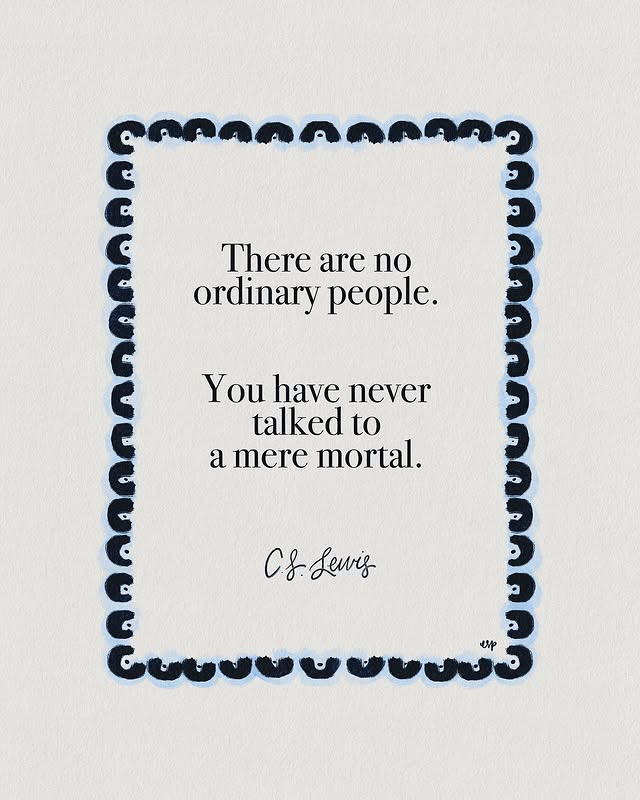The world is ending soon.
Or, at least, that’s what I’m told.
Last week, the Science and Security Board at the Bulletin of the Atomic Scientists released a statement containing their annual update of the doomsday countdown clock.
“In 2024, humanity edged ever closer to catastrophe,” the statement reads. “Consequently, we now move the Doomsday Clock from 90 seconds to 89 seconds to midnight—the closest it has ever been to catastrophe.”
As if we don’t have enough to worry about lately.
The reasons are myriad. According to the SASB, everything you’ve ever been afraid of is imminent. And the best part? There’s not even anything you can do about it. The only hope for recourse outlined by the SASB is to put our trust in world leaders; maybe if we ask them really nicely (and keep releasing terrifying statements about the end of days) they’ll start cooperating and everything will be okay again!
I’m not linking the statement, because I don’t think it’s worth your time to read it. It’s not useful information; it’s a master class in fear-mongering, designed to make you scared and hopeless, each word carefully chosen to foment despair.1
To be fair, in a world completely detached from any source of meaning at all, what else is left but to put our trust in our most powerful institutions—that is, governments—and hope for the best?
I’m glad to tell you that it doesn’t have to be this way.
Diagnosing despair
Maybe you missed the doomsday announcement because it was buried amid the hundreds of other anxiety-inducing headlines that seem to be populating every other minute these days.
To be completely honest, it’s all been getting to me lately. I work very closely with a government agency, in a city that’s effectively funded by federal contracts. Even if I totally avoided the news (which, don’t get me wrong, I try my hardest to do), it would be impossible to ignore what’s happening in Washington right now and how it impacts the world I live in 40 hours a week.
I’m a Hall of Fame Worrier, so a bit of anxious rumination is nothing too new for me; typically, I’ve got tips and tricks and coping mechanisms that can pull me out of the slump and get me back on solid ground. For the first time in a while, though, for a few days last week, I fully turned the corner and allowed that worry to blossom into full-blown despair.
That was when I knew that I was in the danger zone.
“Despair is a greater sin than any of the sins which provoke it.”
C.S. Lewis, The Screwtape Letters
Despair isn’t just anxiety or sadness; it’s a surrender to hopelessness. At its core, I think that despair is the result of unchecked and uninhibited fear.
Fear isn’t inherently sinful. It’s a normal emotional (and biological) reaction to circumstances outside our control. In that way, it’s an exceptionally useful tool; it can let you know when you’re in legitimate danger and guide you away from unwise decisions. But it can also be exploited.
I don’t talk much about spiritual warfare, but I am certain that fear and despair are tools that the enemy can use to tempt people to turn their attention away from God and toward themselves. This is the inherent danger—that you’ll forsake your first love by allowing the cares of the world to overwhelm and overcome you.
If you’re struggling with despair, I don’t want you to get caught up in the technicalities of the terminology here. While we typically think of “sin” exclusively as intentional wrongdoing, the original sense of the word is something more along the lines of missing the mark or falling short of a standard.
So, don’t be scared by the quote above that calls despair a “great sin;” it’s not meant to push you further into the darkness, but to remind you that a despairing spirit literally falls short of God’s intentions for your life. The message of the gospel is fundamentally a proclamation of hope. There’s grace enough to cover all your sin; now is the time for triage, not rumination.
How to fight back
Pray.
“Do not be anxious about anything, but in everything by prayer and supplication with thanksgiving let your requests be made known to God. And the peace of Christ, which surpasses all understanding, will guard your hearts and your minds in Christ Jesus.” Philippians 4:6
“Lead us not into temptation, but deliver us from evil.” Matthew 6:13
Be honest with God. Tell him exactly how you’re feeling, what you’re afraid of, why you feel stuck, or scared, or hopeless. Get specific. He wants your honesty!
But pay attention to your posture and make sure that you’re not ruminating under the guise of meditation. If you have a tendency to pray obsessively rather than intentionally (I can relate!), try following a set structure. Use the Lord’s Prayer as a guide, write your prayer down, and trust that God sees and hears you and is powerful and loving enough to help you.
Share with someone. Despair, like fear, flourishes in shame and darkness. Do whatever it takes to get it into the light.
The easiest way to do this is to share what you’re feeling with someone you love and trust. They may not have a solution or an easy answer, but I promise you that your burden will be lighter when you stop carrying it alone. Again, the enemy gains a foothold where there is division; you will find strength and victory in community.
Take away its power. This was a piece of advice I had to receive before I could give it. (Thanks, Carson 😃) When despair is deep, sometimes the suggestions above don’t feel far-reaching or fast-acting enough.
That’s when it’s time for a manual override: refuse to let despair have you by instead focusing your energies on something else.
I think often of the passage in The Screwtape Letters in which Screwtape, the experienced Tempter, chastises Wormwood for allowing his “patient” to take a nice walk and read a book he enjoys.
“The characteristic of Pains and Pleasures is that they are unmistakably real, and therefore, as far as they go, give the man who feels them a touchstone of reality,” he says. “How can you have failed to see that a real pleasure was the last thing you ought to have let him meet?”
Working on a cross stitch project and spending time with people I love brought me back into the real world this weekend. Honorable mentions include: taking a walk in the sunshine; watching the BBC adaptation of Pride and Prejudice; and writing this newsletter.
My only warning is to focus your energy on things that make you feel better, not worse: doing something creative or productive is good; doomscrolling social media and watching cable news are NOT recommended. If you don’t know what to do, now is a great time to figure out what activities constitute true Pleasure for you, remembering all the while that all good things are gifts from God, intended to help us turn our attention to him in praise and thanksgiving.
But, what about my worries and fears? What of all those terrifying scenarios predicted by the SASB? What about when doomsday actually does come?
I’ll answer those questions with a few of my own: What about those worries? Can you do anything about them? If so, have you done it? If not, “who by worrying can add a day to his life?”
Trust the Lord with your life and try your hardest to internalize the belief that he really, really loves you and desires good for you. (I promise he does.) Deny the enemy’s attempts to push you into despair. Fight darkness with purifying light.
“But we have this treasure in jars of clay, to show that the surpassing power belongs to God and not to us. We are afflicted in every way, but not crushed; perplexed, but not driven to despair; persecuted, but not forsaken; struck down, but not destroyed; always carrying in the body the death of Jesus, so that the life of Jesus may also be manifested in our bodies.”
2 Corinthians 4:7-10
From the archives:
An oldie but a goodie (if I do say so myself!)
A visual reminder:
Don’t even get me started on the fact that this one-second change is the smallest movement the SASB has ever made. I work in strategic communications; I know rhetoric when I see it!






